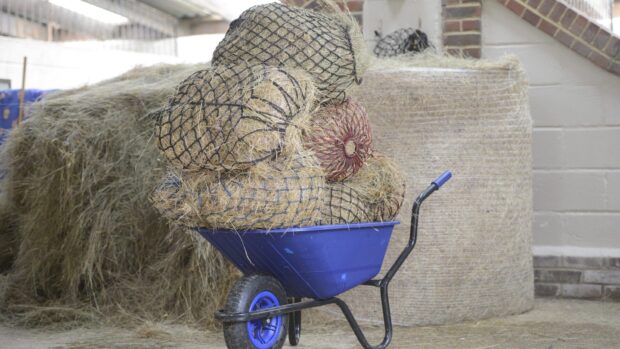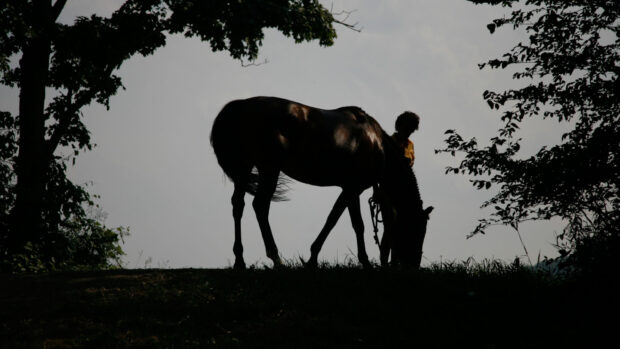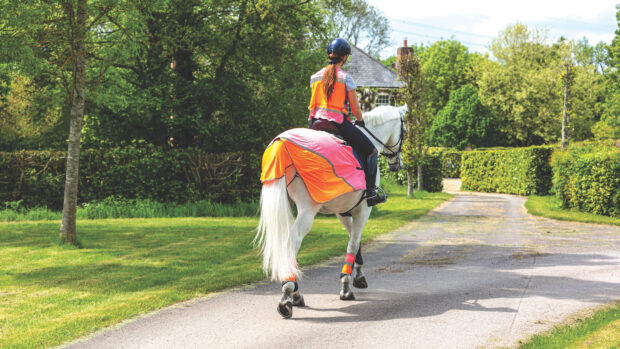Expert advice from HORSE magazine on reschooling an ex-racehorse
Q: I have owned an ex-racehorse for nearly a year now. He is fairly well behaved in the stable and with the help of my instructor, his flatwork is developing gradually. However, when we go out on a hack, he constantly pulls and gets really excitable, and he has even bolted with me in a field. He tends to be worse in company.
I understand that this is a common problem with ex-racehorses, but can you tell me how I can calm him down?
Carrie Humble, who runs the Thoroughbred Rehabilitation Centre in Lancashire, replies: Being bolted with is a very frightening experience, both for you and the horse and therefore, before we ever place the horse in a potentially dangerous situation, we must make very sure he understands and will respond to the correct aids.
Remember, these horses have been bred for their flight mechanism, and have often only been exercised in company in a competitive situation. I have an old saying: “you can’t teach a spaniel to speak French”, and that may be the case with your horse.
Unless you can ride with one quiet horse or alone, he may always heat up out hacking in company.
We might do all that is correct to retrain these horses, but they may just have that habit which can’t be changed, so we have to be realistic.
Choose a suitable companion
Hack out with a quiet ‘nanny’ horse and use hacking as schooling experience. A lot of good work can be done out hacking to build confidence and understanding. Hack out in walk for a long time, coupled with schooling.
When you feel ready to canter, do so along a short, safe bridle path where you’ll be able to pull up. This kind of work should be built up over months, until you find out what you will and won’t be able to do with the horse. With time, a great deal can be achieved, so be positive.
You say his flatwork is developing gradually, which suggests he needs to be working at a higher level in the school, i.e. he must understand the half-halt so you can lighten your hand and prevent pulling on his mouth.
Safe hacking depends on his response tothe rider; if he’s not going well in the school, he won’t go well out hacking. If he pulls, this means you’re pulling, so you need to get away from that cycle.
Avoid problems riding in a field by schooling him in one. Section off a smaller space and lunge him, making him listen to you away from the school. Teach him to act rather than react.
Changing his tack for hacking under advice of an instructor may help, but don’t tie him up with gadgets as this will simply make matters worse.
We have had good results using the Tellington-Jones Equine Awareness Method (TTEAM) for building confidence and improving balance and co-ordination. For more details (tel: 01344 751337).
Read more ex-racehorse stories:



